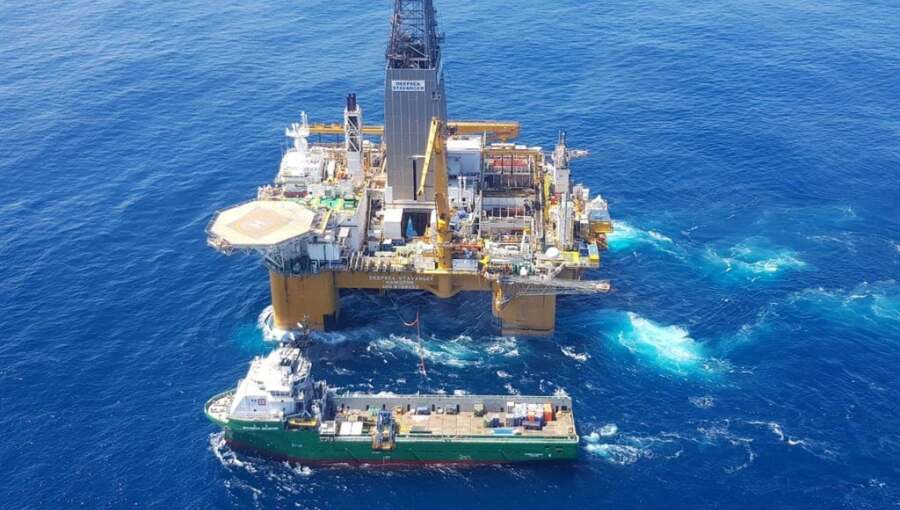Western Cape High Court revokes TotalEnergies environmental authorisation to drill for oil offshore South Africa

The Western Cape High Court has rescinded the environmental authorisation granted to energy supermajors TotalEnergies (France) and Shell (UK) to drill for oil a deepwater block in Outeniqua Basin offshore South Africa.
The court ruling on August 13 cited insufficient assessment of socio-economic and climate impacts, though it allowed TotalEnergies an opportunity to rectify these issues, Reuters reported.
“Total must be afforded opportunity to submit new or amended assessments ... to cure the deficiencies identified,” Judge Nobahle Mangcu-Lockwood said in her ruling, seen by the media agency.
Block 5/6/7 is an offshore exploration concession located in South Africa’s Atlantic, between Cape Town and Cape Agulhas, covering around 10,000 km2 in water depths of approximately 700 to 3,200 metres.
The block was originally operated by TotalEnergies EP South Africa (40% interest), with Shell participating in the joint venture with a 40% stake and PetroSA holding a minority stake of 20%. However, in July 2024, TotalEnergies announced its intention to exit from the block and transfer operatorship to Shell.
The environmental impact assessment (EIA) for Block 5/6/7 was prepared by SLR Consulting (South Africa), acting on behalf of TotalEnergies. The environmental authorisation for the block was granted by South Africa’s Department of Mineral Resources and Energy (DMRE) in 2023, but the oil companies encountered growing protests in the coastal communities and legal challenges from environmental groups.
The high court decision to withdraw the environmental authorisation effectively puts exploration in Block 5/6/7 on hold, and the permit must now be reissued for any exploration activity to proceed.
Reuters said TotalEnergies spokesperson did not immediately respond to a request for comment.
The ruling represents the latest in a series of legal disputes between environmental groups and oil companies seeking to explore along South Africa’s coastline. Energy firms are increasingly targeting the country’s west coast, aiming to replicate the discoveries achieved in neighbouring Namibia within the highly prospective Orange Basin.
While the basin stretches into South African waters, much of it remains largely unexplored. Non-profit organisation Natural Justice, a party to the case, welcomed the judgment, describing it as a significant win for the rising opposition to oil and gas exploration in South Africa.
“Recently, a number of oil and gas projects have been given environmental authorisation, but this judgment again confirms that companies must follow due process, undertake comprehensive assessments and provide communities with an opportunity to have their voices heard, in respect of all relevant information,” Melissa Groenink-Groves, a programme manager at the group, said in a statement.
“It confirms that our fight for our environmental rights is strong, and that we must continue for the future for our children,” she added.


Follow us online